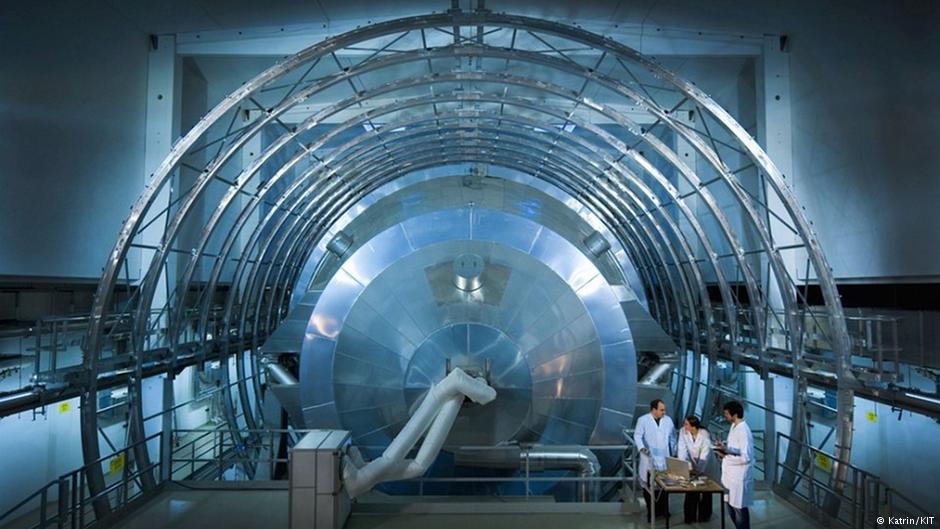As technology changes the way people live and work, cities are undergoing an unprecedented transformation. Those that have the infrastructure and strategy to manage this rapid technological shift are set to become the most competitive.
Globally, city economies in India, Vietnam and China have the strongest short-term momentum. The pace and scale of change in these markets is extraordinary, as they build out their skylines and infrastructure platforms to meet booming demand. While these changes present opportunities, many of these cities are facing challenges to their longer-term development prospects, with strains on infrastructure, high levels of inequality, issues around affordability, and environmental degradation.
Such rapid transformation is often eye-catching. But it is cities that are investing in a sustainable future, and laying the groundwork for ongoing success, that deserve recognition. These cities are “future-proofing” to ensure positive, long-term momentum. Key elements of future-proofing include: the ability to drive and manage technological change; infrastructure that contributes to a high quality of life; a long-term city vision; and attracting and retaining talent.








